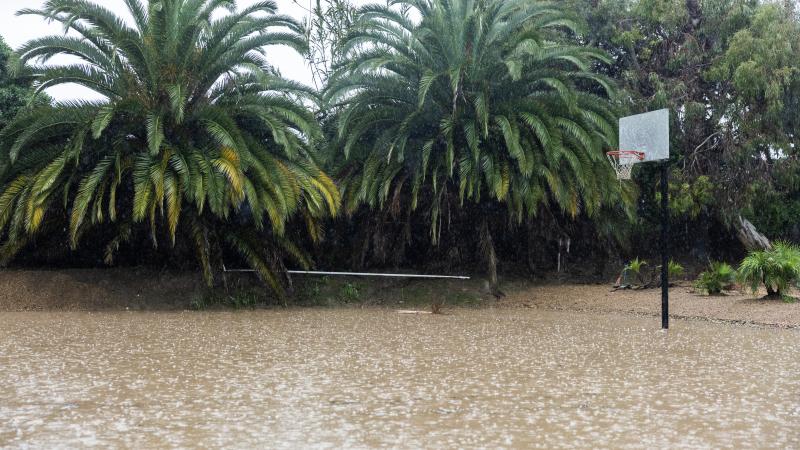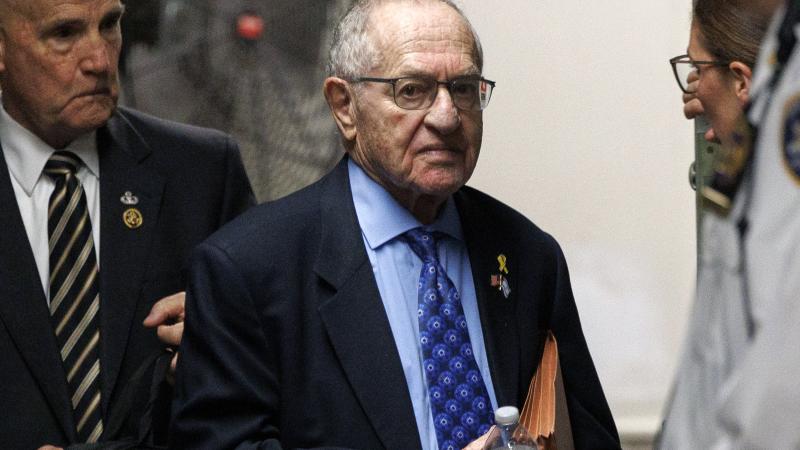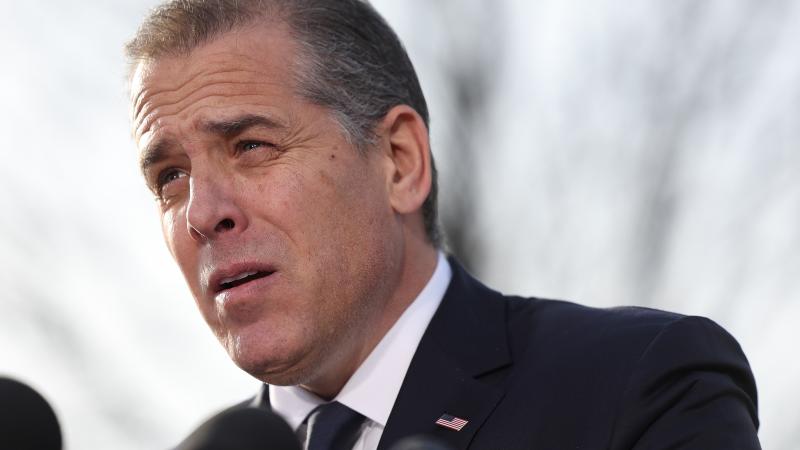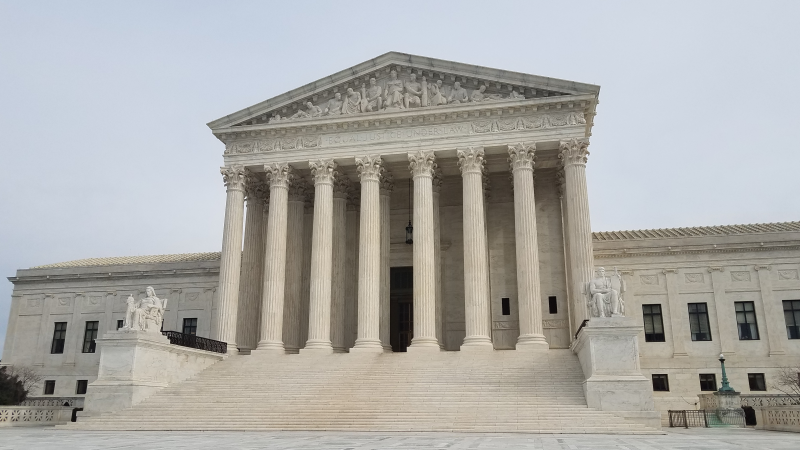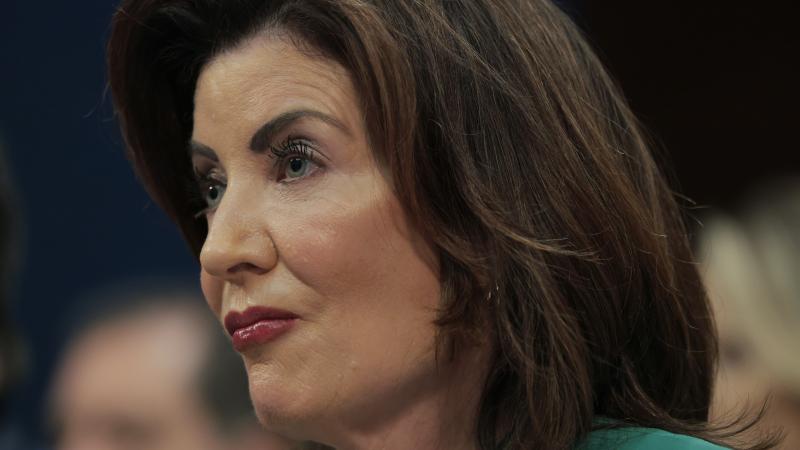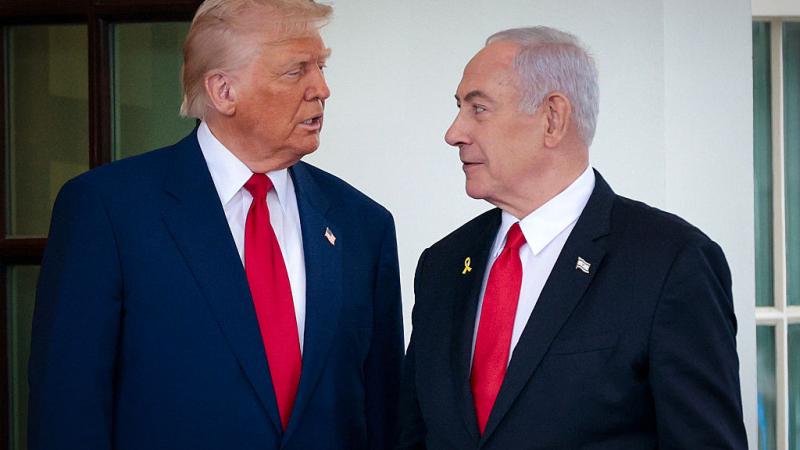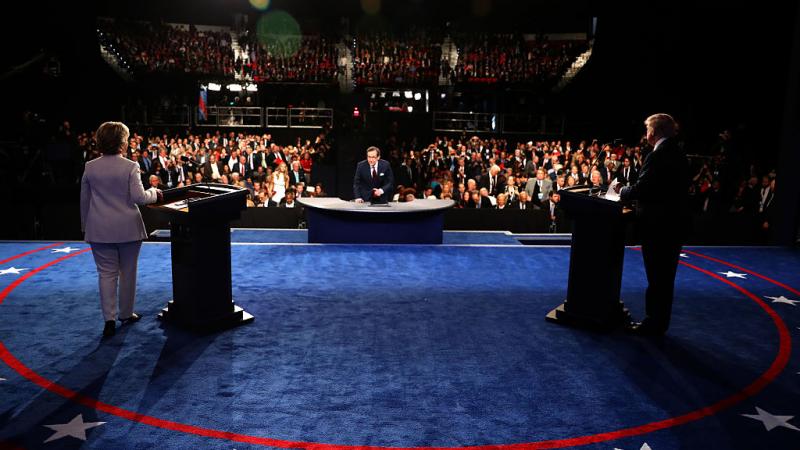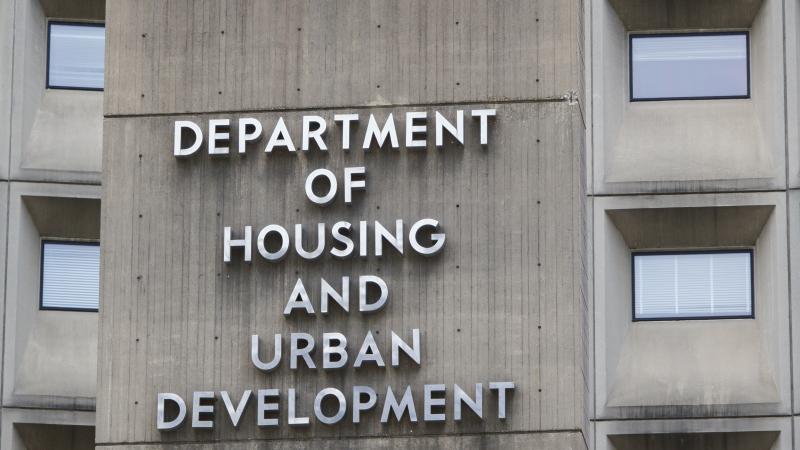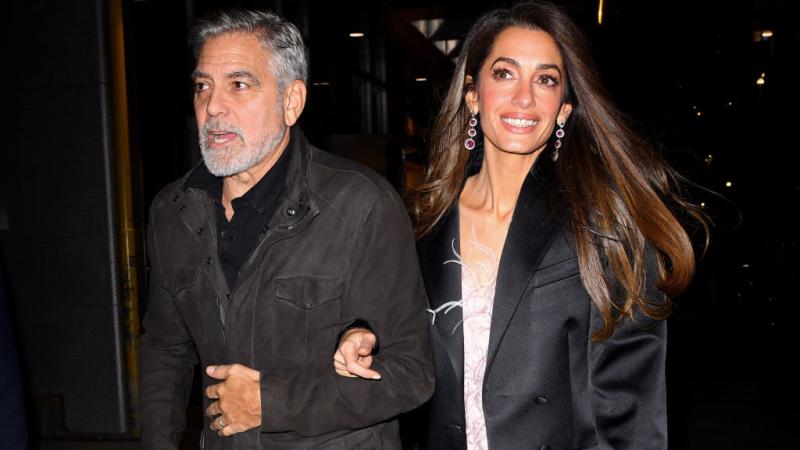Defamation Debacle: Botched takedowns of Trump, mayor, others could boomerang on media
"I never thought I’d see a major news organization downplaying the importance of telling the truth in its broadcasts," federal appellate judge writes in CNN case.
Mainstream media enjoyed a subscription boon from what an analyst called their "oppositional" coverage of Donald Trump's early first presidential term. The 45th president was especially lucrative for The Washington Post, which has lost a whopping half of its audience since 2020 and $77 million just in 2023.
But the sustained sloppiness of the media in opposition coverage of Trump's second campaign and others — what might be called slopposition — is threatening their bottom lines on the eve of Trump's second term.
ABC News paid off Trump on the eve of This Week host George Stephanopoulos's deposition in the President-elect's federal defamation lawsuit, shortly before Trump threatened to sue the Des Moines Register for "fraud" and "election interference" by publishing a spectacularly bad election poll right before his decisive victory. He filed that suit Monday night.
ABC News agreed to give Trump's nascent presidential library $15 million and pay $1 million in attorney's fees to settle claims over Stephanopoulos falsely stating as fact, 10 times in an interview with Rep. Nancy Mace, R-S.C., that Trump was found "liable for rape" against author E. Jean Carroll. He was found liable for a different charge, sexual abuse.
George Washington University law professor Jonathan Turley said Stephanopoulos's deposition was likely to embarrass ABC more than Trump's deposition would have helped, and "could have revealed internal messages on the controversy."
Turley mused that ABC's top lawyer "may soon need a chair at the table" on its daytime talk show The View because of its hosts' penchant for whoppers, noting the network forced the hosts to read four "legal notes" in a single episode.
The law professor also has a bone to pick with OpenAI's ChatGPT for falsely claiming he was accused of sexual assault and then answering queries for his name with an error message, "digitally erasing me, at least to some extent," though he says he wouldn't sue.
A Florida state judge refused to block potentially crippling punitive damages against CNN in a Navy veteran's defamation suit based The Lead segment, introduced by host Jake Tapper, on Afghanistan evacuation contractors — specifically Nemex Enterprises owner Zachary Young — "charging exorbitant fees and exploiting Afghans" fleeing the Taliban.
Messages showed correspondent Alex Marquardt saying he wanted to "nail this Zachary Young mf*cker" and his editors agreed that was the purpose, calling Young "a sh*t" and "a-hole." Tapper and Marquardt further defamed Young in tweets, he claimed.
Judge William Henry found Young was not a public figure, meaning he doesn't have to show actual malice, the knowing or reckless disregard of a statement's falsity.
"While Young was clearly trying to advertise his services, it can hardly be said that he played a sufficiently central role or was at the forefront in being able to influence the resolution of all those unable to escape Afghanistan," the judge wrote. He also approved Young's economic damages expert witness to be heard by the jury.
It's the second defamation-related setback for CNN since the election.
The 11th U.S. Circuit Court of Appeals reinstated a lawsuit against CNN by Project Veritas based on host Ana Cabrera's false claim that Twitter banned the investigative watchdog in 2021 for "promoting misinformation" and its refusal to issue a retraction even though Cabrera previously tweeted the correct basis, so-called doxxing.
"Project Veritas plausibly alleged that the statements were published with actual malice," the unanimous three-judge panel wrote, dismissing CNN's argument that Cabrera "must have subjectively known that her tweet directly contradicted her on-air statements."
"I never thought I’d see a major news organization downplaying the importance of telling the truth in its broadcasts," Judge Ed Carnes wrote in a concurrence, marveling at CNN's argument that "under the law it is no worse for a news organization to spread or promote misinformation than it is to truthfully disclose a person’s address in a broadcast."
The defamation action isn't limited to the power centers of D.C. and New York.
A New England newspaper that started under the first nonconsecutive-terms president is shutting down completely, as part of a $1.1 million settlement with a mayor it repeatedly accused of real-estate kickbacks and extortion, The Boston Globe reported.
Everett Mayor Carlo DeMaria's attorney Jeff Robbins cited emails between Everett Leader owner Matthew Philbin and its publisher and editor Joshua Resnek that celebrate "devastating" and "crushing" DeMaria, frequently calling him "Kickback Carlo" in coverage.
While the defendants' lawyers claimed the articles caused "little to no damage" to DeMaria, the mayor said his father told him "If what I’m reading is true, you’re not my son."
Vaccine-injury lawyer Aaron Siri blasted The New York Times in an X series for its "hit piece" on his supposed "polio petition" to the Food and Drug Administration. He filed it on behalf of the Informed Consent Action Network, not himself, and it sought review of a single vaccine "only for infants and children" that was approved after just a three-day safety review.
Doctors led by Great Barrington Declaration coauthor Martin Kulldorff called on the Times to correct "several false and misleading claims" in a Nov. 27 column by Zeynep Tufekci, who played a disputed role in a "gold standard" research collaborative's drastic reinterpretation of its systematic review of mask studies.
They alleged Tufekci falsely claimed Trump's nominee for National Institutes of Health director, Kulldorff's coauthor Jay Bhattacharya, "repeatedly predicted" COVID-19 would kill up to 40,000 Americans, his local seroprevalence study "grossly overestimated infection numbers" and focused protection for populations most at risk for COVID could never work.
The column falsely attributed to Bhattacharya "a headline he did not write" — "vaccinating the whole population can cause great harm" — and implied his article on natural immunity in India was tied to what she called "a deadly wave that killed millions of people," a passage with such defamatory implications it should be removed, their Dec. 12 letter says.
Kulldorff was joined by Rutgers University geneticist Bryce E. Nickels, Philadelphia cardiologist Anish Koka and Collateral Global Charity research fellow Kevin Bass, all of whom have questioned the mainstream COVID catechism in some way.
University of California San Francisco epidemiologist Vinay Prasad wrote his own public letter in Kulldorff's defense, calling on Harvard President Alan Garber — who was just permanently appointed to the role and publicly praised Bhattacharya's nomination — to rehire the medical professor it fired for refusing to get a COVID vaccine based on his natural immunity.
"He sought exemption declaring that his religion was science … while others were granted exemption for nebulous religious reasons," Prasad wrote Dec. 14. "Martin was punished for having views ahead of his time."
Kulldorff will be in D.C. Wednesday for a Heritage Foundation event on "Restoring American Wellness" alongside former Centers for Disease Control and Prevention Director Robert Redfield and Sen. Ron Johnson, R-Wis.
The Facts Inside Our Reporter's Notebook
Links
- media analyst called their "oppositional" coverage
- The Washington Post, which has lost a whopping half
- ABC News paid off Trump
- threatened to sue the Des Moines Register
- Jonathan Turley said Stephanopoulos's deposition
- Trump's deposition
- network forced the hosts to read four "legal notes"
- OpenAI's ChatGPT for falsely claiming he was accused
- Florida state judge refused to block
- Navy veteran's defamation suit
- knowing or reckless disregard of a statement's falsity
- 11th U.S. Circuit Court of Appeals reinstated a lawsuit
- Cabrera previously tweeted the correct basis
- unanimous three-judge panel wrote
- The Boston Globe
- Aaron Siri blasted The New York Times
- "hit piece" on his supposed "polio petition"
- Doctors led by Great Barrington Declaration coauthor Martin Kulldorff
- Nov. 27 column
- "gold standard" research collaborative's drastic reinterpretation
- Vinay Prasad wrote his own public letter
- publicly praised Bhattacharya's nomination
- fired for refusing to get a COVID vaccine
- "Restoring American Wellness

